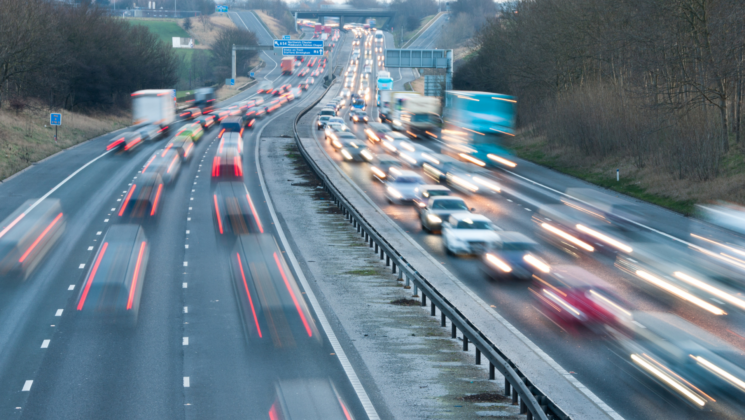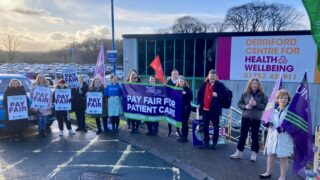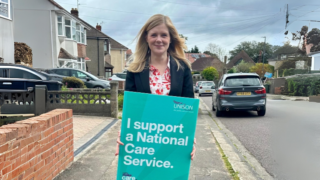More than a million public service workers including care staff, district nurses, housing officers, police staff and probation officers are being left thousands of pounds out of pocket because ministers have failed to update national mileage rates, says a UNISON report published today (Friday).
NHS, social care, police and local government employees who need to drive for work are up to £6,000 a year worse off because the current 45p rate, set by HM Revenue and Customs, has not changed in over a decade, according to research by the union and the RAC Foundation.
The report Driven Out of Work says the allowance should be 63.4p a mile based on increased motoring costs and inflation.
This financial ‘mileage gap’ means public sector workers – who need to travel as part of their jobs – are effectively subsidising their employers for their work-related journeys, says the report.
UNISON says this is having a major impact on frontline staff, of whom at least one in five is required to drive for work, according to the findings.
Driven Out of Work says some staff are using up annual leave rather than go into work or calling in sick because they have run out of fuel and cannot afford to fill up their vehicles.
Some social care employees say they’ve had to sell their cars to cover essential payments, such as housing or energy bills, and have had to shift to public transport so they can visit the people they care for.
But having to use buses and trains to get around increases the travel time for staff and reduces the number of visits they can make and people they can see.
UNISON is urging the government to bring in the 63.4p rate, act on low wages and give hospitals and local authorities the funding so they can invest in public sector electric vehicle fleets.
UNISON general secretary Christina McAnea said: “Mileage rates are woefully out of date. No one should pay a penalty effectively for doing their job, least of all those providing vital services.
“Petrol prices have skyrocketed. Care workers, nurses and other frontline employees can barely make their incomes stretch to cover the basics, let alone the costs of using their vehicles for work.
“The government must tackle low pay now, not threaten to hold public sector wages down. Essential staff shouldn’t be out of pocket for going to work. A failure to act now risks worsening the already dire staffing crisis.”




